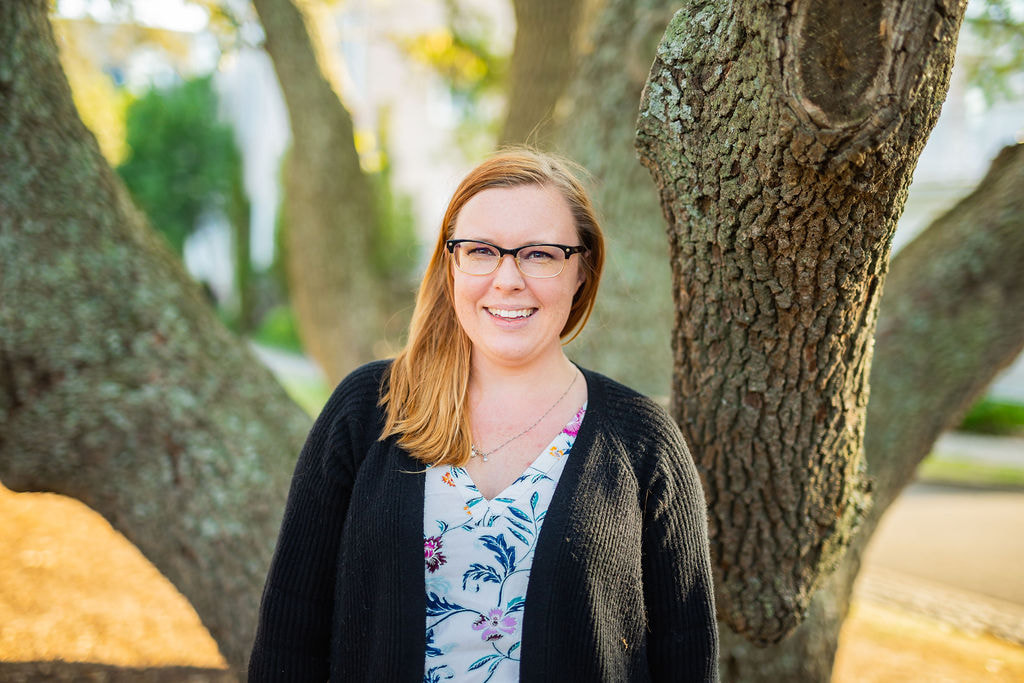|
IN THIS ARTICLE:
Maintaining a happy and health relationship can be challenges and many couple experience challenges along the way. Common struggles couples experience include communication issues, broken trust, and decreased physical and emotional intimacy, just to name a few. Relationship problems such as these can put a strain on the couple bond. Couples therapy can help! In this article, we'll discuss the benefits of couples therapy, how to choose a couples therapist in Virginia, what to expect during therapy sessions, and some success stories from couples who have benefited from couples therapy.
Benefits of couples therapy
Issues can come up in any relationship, and couples therapy can be a helpful tool to help you work through relationship issues. Some of the benefits of couples therapy include improved communication, rebuilding trust, rekindling physical and emotional intimacy, resolving conflict, and developing a deeper understanding of each other. Couples therapy can also help couples identify problematic patterns of behavior or problematic communication pattern and help you work together to build new healthier patterns and habits.
Common relationship issues that bring people to couples therapy include infidelity and broken trust, financial problems and spending differences, parenting disagreements. communication problems and unresolved conflict, and sexual problems. If you are noticing challenges like these, it's important to address them before the problems get worse and end up in breaking up. Many couples who go to couples therapy are able to have healthier relationship and remain together. The sooner you go to couples therapy after problems start, the sooner you can improve your relationship! How to choose a couples therapist in Virginia
Choosing the right couples therapist is essential for your success in therapy process. You will want to find someone is qualified and has experience helping couples with your specific issue. When looking for couples therapy in Virginia, make sure to consider:
What to expect during couples therapy
Couples therapy usually consists of either 50-minute or 90-minute weekly sessions. The first few session as assessment sessions where the couples therapist will get to know you, your relationship history, your concerns, and your goals. After the assessment sessions are completed, the therapist will help you work toward resolving issues and fixing any underlying problems causing them.
The couples therapist will provide you with tools you can use and practice at home to improve your relationship. Some of the things they might help you will include active listening, communicating clearly, and negotiating conflict. They will likely have you role play to practice the skills in the session, and may assign you homework to practice the skills at home as well. Success stories from couples therapy
There are many couples in Virginia who have benefited from couples therapy. Here are some success stories (please note that identifying information about the real people has been removed to protect confidentiality):
Couples therapy is a tool you can use to help address problems in your relationship. Whether you are trying to rebuild trust, improve your communication, or working on some other goal, couples therapy can help you resolve relationship issues so you can have a more satisfying relationship. When looking for couples counseling in Virginia, make sure to to work with a licensed therapist who is qualified and has experience helping couples with your specific concerns. Looking for Couples Therapy in Virginia?
Elizabeth Polinsky Counseling provides online Emotionally Focused Couples Counseling, as well as weekend-long Marriage Intensives, throughout the states of Virginia, South Carolina, Arkansas, and Nevada. Click the button below to schedule a complimentary consult.
About the Author
DISCLAIMER:
My podcast, blogs, videos, newsletters, and products are general information for educational purposes only; they are not psychotherapy and not a replacement for therapy. The information provided is not intended to be therapy or psychological advice; and nothing I post should be considered professional advice. The information provided does not constitute the formation of a therapist-patient relationship. I cannot answer questions regarding your specific situation; you should consult your doctor or mental health provider regarding advice and support for your health and well being. If you are experiencing a medical or mental health emergency, you should call 911, report to your local ER, or call the National Crisis Hotline at 1-800-273-8255. The podcast, blogs, videos, newsletters, and products are not a request for a testimonial, rating, or endorsement from clients regarding counseling. If you are a current or former client/ patient, please remember that your comments may jeopardize your confidentiality. I will not “friend” or “follow” current or past clients to honor ethical boundaries and privacy; nor will I respond to comments or messages through social media or other platforms from current or past clients. Current and past client’s should only contact me through the professional contact information provided on the website. Lastly, accounts may be managed by multiple people. Therefore, comments and messages are monitored by staff and are not confidential.
0 Comments
Your comment will be posted after it is approved.
Leave a Reply. |
AuthorElizabeth Polinsky Counseling provides marriage counseling, weekend-long marriage intensives, and therapist training in Emotionally Focused Couple Therapy (EFT). Online couples counseling services are available in Virginia Beach Virginia, and throughout the states of Virginia, South Carolina, Arkansas, and Nevada. Archives
November 2022
Categories |
Address283 Constitution Drive
One Columbus Center Ste. 600 Virginia Beach, VA 23462 |
Telephone(757) 262-3316
Fax
(757) 260-9965
|
info@elizabethpolinskycounseling.com
|
|




 RSS Feed
RSS Feed